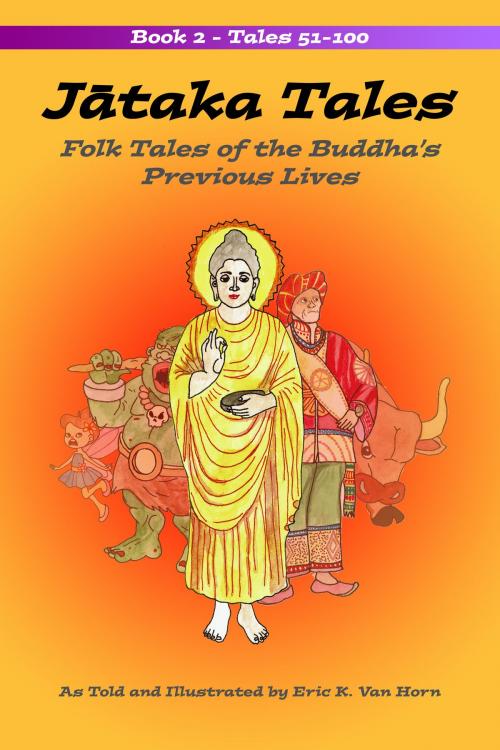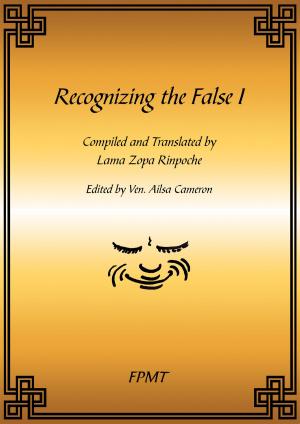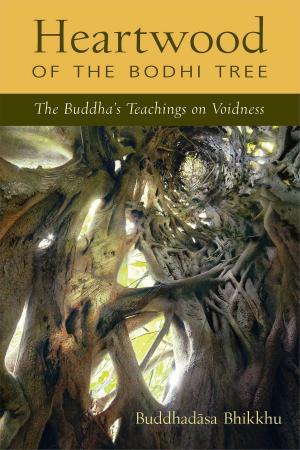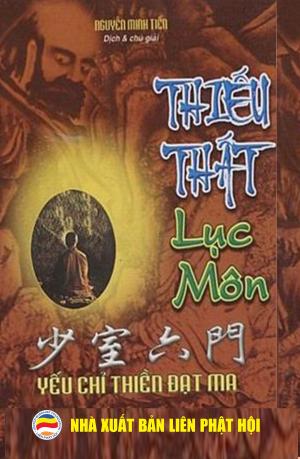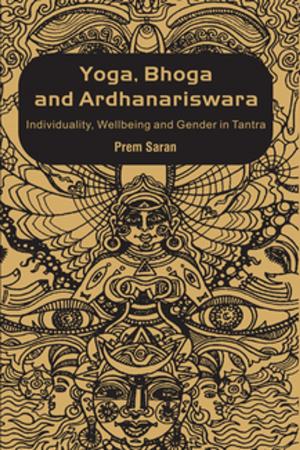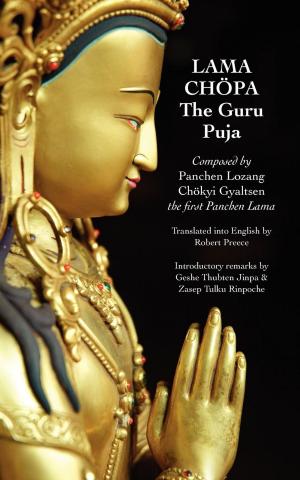| Author: | Eric Van Horn | ISBN: | 9780463256459 |
| Publisher: | Eric Van Horn | Publication: | December 4, 2018 |
| Imprint: | Smashwords Edition | Language: | English |
| Author: | Eric Van Horn |
| ISBN: | 9780463256459 |
| Publisher: | Eric Van Horn |
| Publication: | December 4, 2018 |
| Imprint: | Smashwords Edition |
| Language: | English |
The Jātaka Tales are the Buddhist equivalent of Aesop’s Fables. They are morality stories. In the Buddhist cultures of that time, these were the stories that children grew up hearing. They were the popular entertainment of their time. Families would gather together in the evening after the day’s work was done and share these tales. And it is from these stories that people learned about the standards of conduct for followers of the Buddha.
Like Aesop’s Fables, the main characters in these stories can be a king, a merchant, a craftsperson, or an animal. This collection contains stories 51-100 of the 547 total stories. Jātaka 68 tells the lovely story about the Buddha and an old couple who - seemingly confused – turn out to have been his parents in many previous lives. Jātaka 72 brings back the Buddha’s nemesis – Devadatta – in a story about ingratitude. The Mud Pie Friends – Jātaka 83 – tells a touching story about the great benefactor Anāthapiṇḍika and his childhood friend with whom he made mud pies.
A common theme of the Buddha’s was the folly of superstition. This is the main topic of Jātakas 87 and 97. And in Jātaka 76 we hear the profound message of how by caring for our own bodies and minds, we also care for others.
In all these stories represent the breadth the human experience. What we see is that in 2500 years, the spectrum of humanity has not changed at all.
The Jātaka Tales are the Buddhist equivalent of Aesop’s Fables. They are morality stories. In the Buddhist cultures of that time, these were the stories that children grew up hearing. They were the popular entertainment of their time. Families would gather together in the evening after the day’s work was done and share these tales. And it is from these stories that people learned about the standards of conduct for followers of the Buddha.
Like Aesop’s Fables, the main characters in these stories can be a king, a merchant, a craftsperson, or an animal. This collection contains stories 51-100 of the 547 total stories. Jātaka 68 tells the lovely story about the Buddha and an old couple who - seemingly confused – turn out to have been his parents in many previous lives. Jātaka 72 brings back the Buddha’s nemesis – Devadatta – in a story about ingratitude. The Mud Pie Friends – Jātaka 83 – tells a touching story about the great benefactor Anāthapiṇḍika and his childhood friend with whom he made mud pies.
A common theme of the Buddha’s was the folly of superstition. This is the main topic of Jātakas 87 and 97. And in Jātaka 76 we hear the profound message of how by caring for our own bodies and minds, we also care for others.
In all these stories represent the breadth the human experience. What we see is that in 2500 years, the spectrum of humanity has not changed at all.
